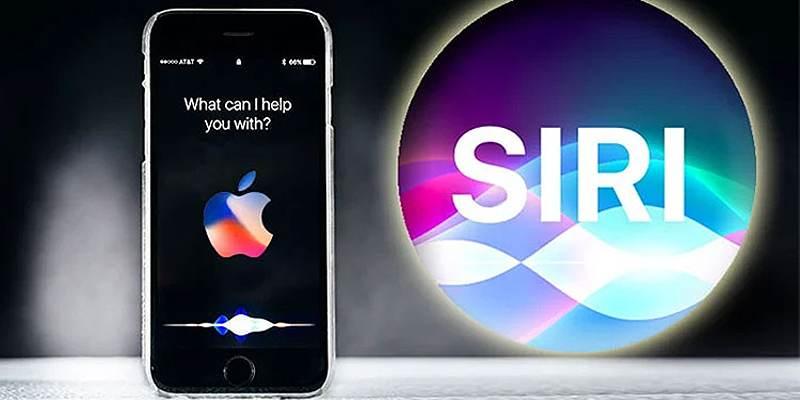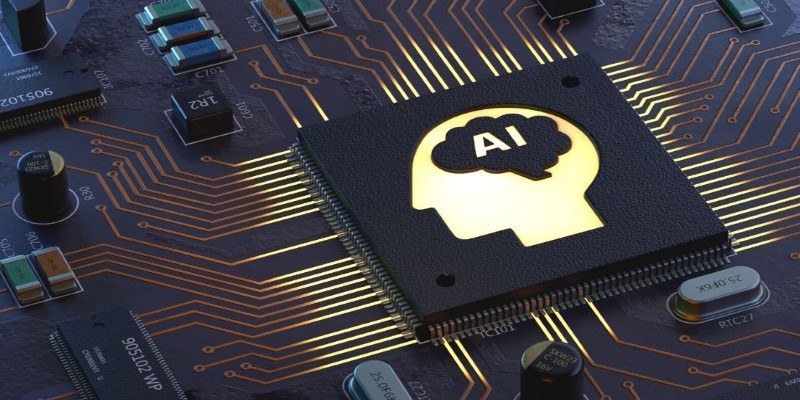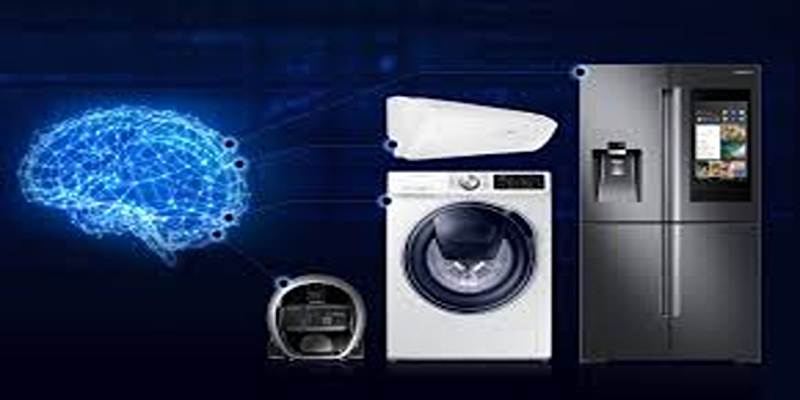Smart homes are no longer a futuristic dream. Today, with AI-powered voice assistants, turning off the lights, adjusting the thermostat, or playing your favorite music is as easy as saying a few words. These smart helpers have become an essential part of modern living, making our homes more efficient, convenient, and interactive. This post will explore how AI-powered voice assistants are revolutionizing home automation, the benefits they bring, and what the future might hold for this exciting technology.
What Are AI-Powered Voice Assistants?
AI-powered voice assistants are applications of software that can understand spoken orders and react intelligently. They do this by using Artificial Intelligence and natural language processing. These assistants are built into smart speakers, phones, and home hubs, and they let users handle different parts of their homes just by speaking.
Popular voice assistants include:
- Amazon Alexa (used in Echo devices)
- Google Assistant (found in Google Nest products)
- Apple Siri (integrated into Apple HomeKit systems)
Artificial intelligence (AI) in the cloud powers these assistants. Speaking an order causes certain actions to happen, like turning on a light, adjusting the thermostat, or checking the weather.
How They Work with Smart Home Devices
AI voice assistants are what your smart house is all about. Some of the smart gadgets they can connect to and control are lights, security cameras, thermostats, door locks, and even kitchen appliances. Let's look at how these systems work in a home first, then talk about the benefits.
Connecting Your Devices
Most smart devices are compatible with voice assistants. Once connected via Wi-Fi or a smart home hub, you can give simple voice commands like:
- “Turn on the living room lights.”
- “Set the thermostat to 72 degrees.”
- “Lock the front door.”
The assistant processes these commands through cloud-based AI and delivers the right instruction to the device.
Benefits of AI-Powered Voice Assistants in Home Automation

Adding a voice assistant to your smart home setup provides a range of benefits that go beyond simple convenience.
Hands-Free Control
You no longer need to press buttons or open apps. With a voice command, you can control your entire home—even if your hands are full. Some example commands:
- “Hey, Google, play relaxing music.”
- “Alexa, dim the bedroom lights.”
Increased Accessibility
Voice assistants are helpful for people with mobility challenges or visual impairments. They allow users to interact with their home using speech, making daily tasks easier and more independent.
Energy Efficiency
By managing lighting and climate settings with AI, you can reduce energy use. Voice assistants can remind you to turn off lights or even set routines that save power when you're away.
Enhanced Security
Smart assistants work with security systems, allowing you to:
- Lock doors remotely
- Monitor security cameras
- Receive alerts for unusual activity
Just say, “Show me the front door camera,” and your assistant will display it on a connected screen.
Customizable Routines
You can set personalized routines like “Good Morning” or “Good Night.” For example, a morning routine might:
- Turn on the lights
- Start the coffee maker
- Read out the weather and news
These routines help start or end your day with ease.
Popular AI Voice Assistants for Smart Homes
There are several major players in the voice assistant space, each with its strengths.
Amazon Alexa
- Works with a wide range of smart devices
- Allows the creation of detailed routines
- Compatible with Echo, Echo Dot, and other smart displays
Google Assistant
- Known for accurate voice recognition
- Integrates well with Google services like Calendar and Maps
- Found in Google Nest speakers and smart displays
Apple Siri

- Seamless integration with Apple devices
- Works through HomeKit-compatible devices
- Best suited for iPhone and iPad users
Each platform has its app for setup and customization. Depending on your device ecosystem (Apple, Android, etc.), one might fit your needs better than the others.
Voice Assistants and Smart Home Security
Home security is one of the areas where AI-powered voice assistants shine the brightest. Through integration with smart security systems, they enhance peace of mind and give homeowners more control.
Voice Commands for Safety
Voice assistants can be connected to smart locks, cameras, motion sensors, and alarm systems. With this setup, users can say:
- “Lock the front door.”
- “Show me the backyard camera.”
- “Arm the security system.”
An extra layer of protection is added through voice recognition or security PINs to prevent unauthorized access. To ensure smooth transitions and clarity, one line is added before moving to the next subheading.
Real-Time Alerts and Notifications
AI voice assistants can notify users of any unusual activity:
- Motion detected at the front door
- Smoke alarm triggered
- Package delivered
These alerts can be delivered through smart speakers, mobile apps, or connected displays, ensuring users stay informed even when away from home.
Common Use Cases in Daily Life
AI voice assistants offer more than just novelty—they’re practical in many everyday situations.
Here are some common ways people use them:
- Cooking: Ask for recipes, set multiple timers, or convert measurements.
- Entertainment: Control your TV, music, or podcast without needing a remote.
- Family coordination: Add events to a shared calendar or set reminders for kids.
- Learning and fun: Ask trivia, play games, or get homework help.
These examples show how integrated voice assistants have become in our routines.
Conclusion
AI-powered voice assistants are transforming how to interact with your homes. From voice-controlled lighting to personalized routines and enhanced security, they offer a smarter, simpler way to live. Whether you’re just starting to build a smart home or looking to upgrade your current setup, integrating a voice assistant can be a game-changer. As technology continues to advance, these assistants will only get better—making our homes more responsive, accessible, and intelligent.









